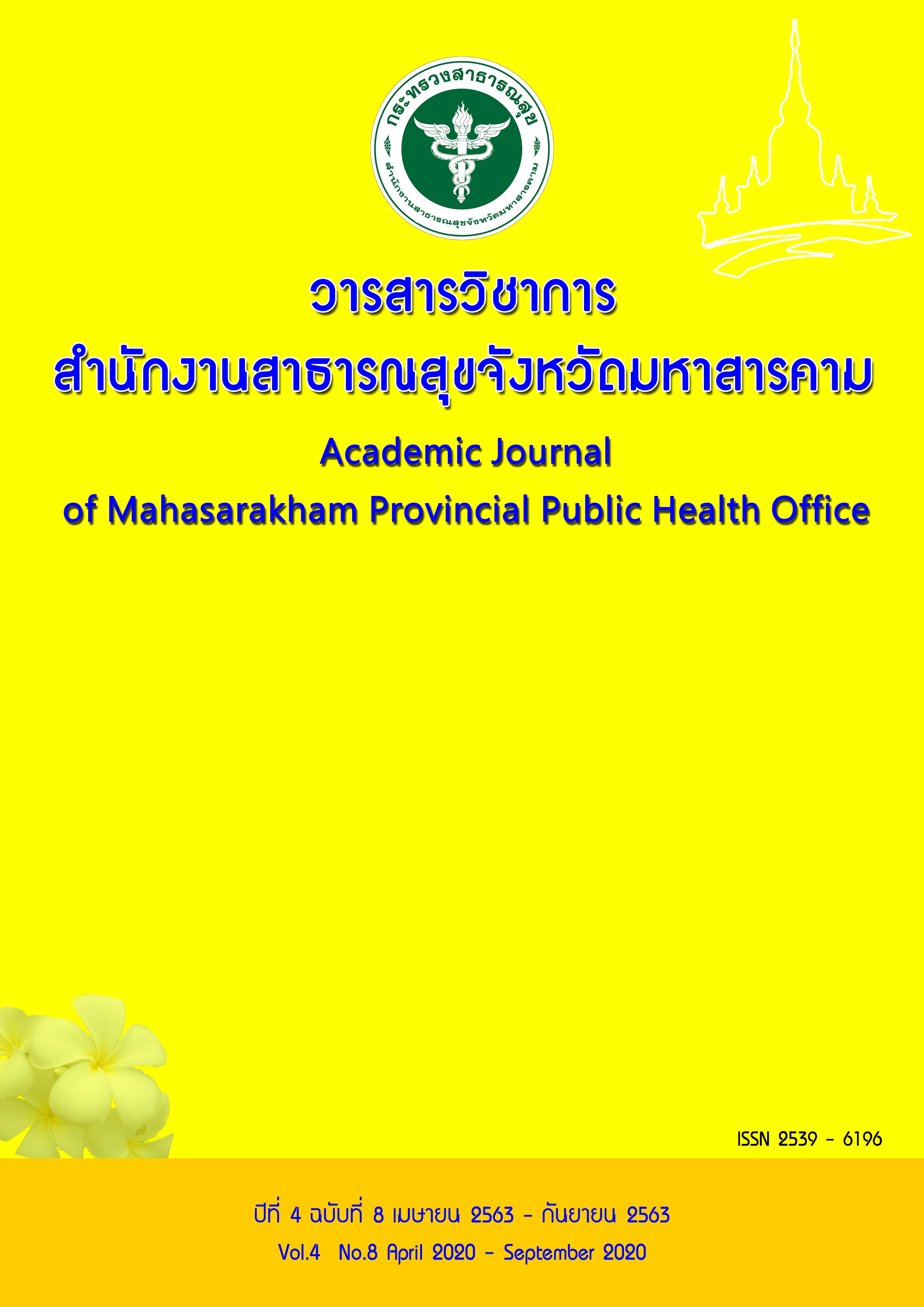Health status and expectation to the case policy for elderly of the Elderly in Songkhla Province
Abstract
Abstract
Evaluation of the elderly health conditions versus the expectations to the elderly care policy of Songkhla province aims to assess the health status of the elderly comparing the expectations with the actual occurrence of the elderly care policy and justify the value of the policy. By considering the consistency between what actually happened and the criteria, 439 Songkhla elderly were selected using multi-stage random sampling technique.
The instrument used was a questionnaire constructed by the researcher. Data were analyzed using frequency distribution, percentage, mean, standard deviation, t-test, and F-test value.
The results showed that elderly health status regarding to the daily life behavior, the majority of the elderly behave at a moderate level 276 members (62%). The most regular practices are praying, paying respect to Buddha, meditating or Muslim praying, eating a variety of vegetables, exercising at least 3 times a week for 20-30 minutes each. The elderly neither feel lonesome nor having financial concerns of having insufficient income to cover all expenses. Regarding mental health status, most of the elderly had mental health equal to general people 213 members (48.0%) and better mental health than general people 182 members (41.5%). When testing mental health between age groups, it was found that there was no statistically significant difference in the elderly mental health in each age group. In terms of living with others, it was found that most of them had more interactions and talking within family than neighbors and other relatives. As for expectation to the elderly care policy, it was found that expectations versus the actual occurrence of the elderly care policy in general are at a high level. When comparing expectations and the actual occurrences, there was a statistically significant difference (p<0.001), with the expectations higher than the actual occurrences. And judging the value of the elderly care policy from the actual occurrences against the criteria, it was found that there were statistically significant differences at the level of (p<0.001) regarding provided facilities, health advice, and welfare benefits for the elderly. In which the actual occurrences have average values above criteria.
From the assessment, it was found that behavioral issues of the elderly is also a contributing factor to chronic diseases and some groups even have mental health problems. Therefore, there should be a guideline for career promotion, allowances, and health promotion activities for the elderly so that they can live happily in the society.
Keywords: Health status, Eepectation to the care policy for elderly, The elderly


